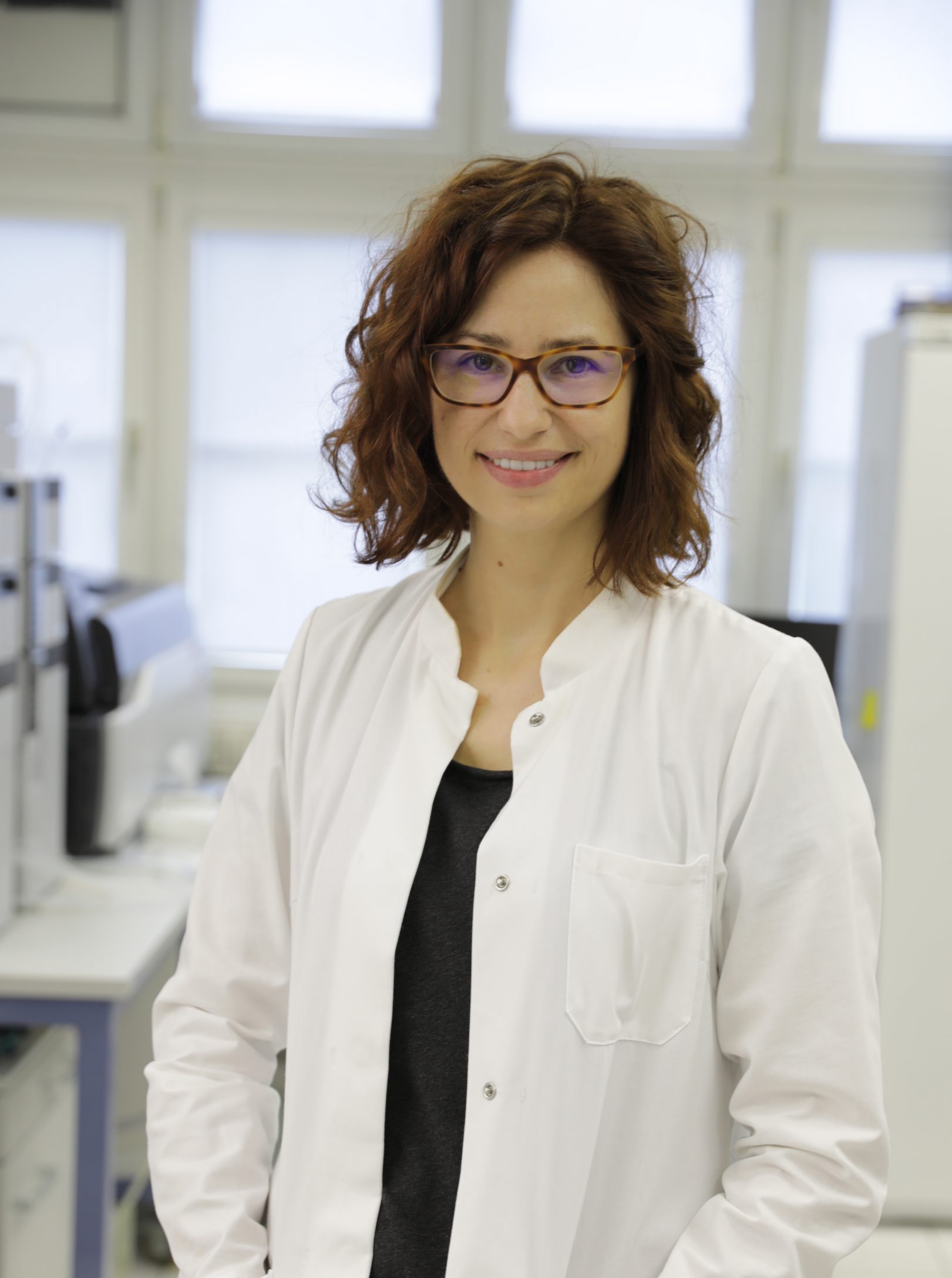About Barbara Huber
Barbara Huber is an archaeo-chemist specializing in the study of human-plant relationships throughout history, with a keen interest of how past societies made use of natural plant resources, especially aromatic, medicinal, and bioactive plants. Her research delves into the use, consumption and trade of these plants and their therapeutic, preservative and olfactory benefits.
She also focuses on uncovering the historical significance of scents and perfumes. Recognizing that smell has been largely overlooked by historians and archaeologists, she is working on innovative ways to decode ancient aromas. She uses advanced biomolecular approaches, including the analysis of volatile organic compounds (VOCs), lipids and metabolites recovered from archaeological artefacts, such as incense burners, perfume flasks and ointment containers.
In her work on the ancient oasis of Tayma in Saudi Arabia, she has successfully identified substances like frankincense, myrrh, coniferous resins, plant oils and the resins of Pistacia trees in incense burners used in various ancient contexts. She also studied the aromatic ingredients in mummification balms used for the embalming and preservation of the body in the Valley of the Kings in ancient Egypt.
Based on the results of the chemical analyses, Barbara has collaborated with a perfumer to recreate these ancient scents (see the “Scent of the Afterlife” project) for museums, offering a tangible connection to the olfactory landscape of societies that existed thousands of years ago. Her work underscores the significance of smell in understanding history and human behavior, and the recreations provide visitors with an immersive, multisensory experience that allows them to connect with the past through scent. This approach can also make the exhibition more accessible to visually impaired individuals.
Curriculum Vitae
Barbara has a Doctorate in Archaeological Science and Human Evolution from the University of Tübingen and the Max Planck Institute of Geoanthropology. For her PhD research, she was awarded an Add-on Fellowship for Interdisciplinary Life Science from the Joachim Herz Foundation. She also won a 2022 AEA Small Research Grant awarded by the Association for Environmental Archaeology to fund her project titled “Reconstructing olfactory landscapes of ancient Arabia using biomolecular approaches”.
Barbara currently holds a SALTO post-doctoral fellowship from the CNRS and the MPG and is based at the Centre Européen de Recherche et d’Enseignement des Géoscience de l’Environnement (CEREGE) in Aix-en-Provence, France.
The results of her research were published in high-impact journals including Nature Human Behaviour, Nature Communications, Scientific Reports and Molecules.

Affiliations


